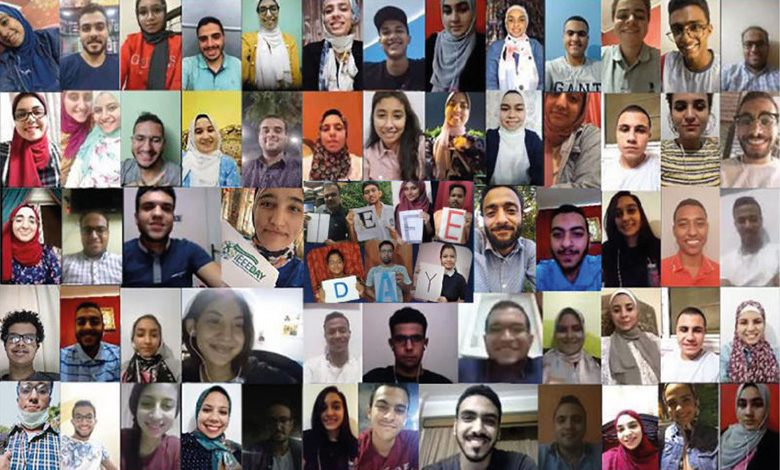I once attended a presentation where a speaker was talking through her path to success, and wrapped up the talk with “…and I realized I am average, and I had to learn that being average is ok.”
To this day, I remember hearing that message and being frustrated by it. I am not saying that everyone needs to strive to constantly be above average, but I was frustrated because I believe that we are all above average in our own domains just by being ourselves and pursuing our interests.
I can understand why this speaker felt that she was “average,” though. When you are constantly surrounded by a diverse group of people who are doing exceptional things, it is easy to look at your long list of accomplishments and not feel that you are on par with everyone else. Because of the high-achieving groups she was a part of, the speaker was focusing on the uncomfortable feeling of being “less than,” instead of the growth she had made.
To avoid such feelings of self-doubt, take a step back and recognize how much you have experienced and accomplished, and how much you have grown because of it. When you only think about those moments where you were uncomfortable, you do not realize that you have done so much and will always be much more than “average.”
So, what does this have to do with IEEE?
I’ve been a part of IEEE for more than 10 years now, and just by being a part of the organization, I feel that I am setting myself up for success to grow and expand my knowledge base and network. By being an IEEE member, I will never just be “average” because no one in the organization is “average.”
This is because:
You have access to exceptional resources and people
IEEE is a unique organization where hundreds of thousands of people are doing incredible things to advance technology. By just being a part of the organization and having access to articles and white papers, you have a leg up in your career and personal knowledge base.
Also, don’t forget that you can interact with these people at meetings, conferences, webinars, or even through LinkedIn. As a member, you put yourself in situations, like I mention above, where you can grow!
You naturally become a lifelong learner
Before moving, I used to attend a lot of meetings for the Pittsburgh Section’s Power and Energy Society. I went to presentations about transformers, grid systems, and nuclear power plants. I was not working in the power or energy industry at the time, but I attended because I wanted to take the opportunity to learn.
In college, if you were interested in taking a course on a subject like sociology, you could easily sign up for an elective. After graduation, there are not always easy opportunities available for learning about a different subject from your day-to-day job.
As a member of IEEE, you have access to 39 technical societies, so just by getting involved and attending meetings, you become a lifelong learner.
You play a role in inventing the future (borrowed from my alma Mater Virginia Tech!)
When I started my career, I thought it would look straightforward — work in an office, climb the career ladder, etc. Then, my work with Solar Impulse 2 taught me that my career does not have to be “average.”
As I moved into other jobs and got more and more involved with IEEE, I learned that my experience was not an anomaly. The careers of many IEEE members are not “average,” either. This realization encouraged me to continue to push the boundaries for what I envision for my career.
From IEEE member Bradford Parkinson, who was the lead architect, advocate and developer for the GPS, to Mildred Dresselhaus, whose research made it possible for electronics to be everywhere from clothing to smartphones, IEEE members are literally inventing the future of technology. Just by being a member, we are all part of the next wave of technology advancement.
IEEE Day is October 4th. This is a special organization that has brought so much value to my career and life, and I hope everyone takes the opportunity to reflect on how IEEE has impacted them, as well.
IEEE is constantly providing what we need to be the best versions of ourselves. With access to exceptional resources and people, the capacity to be lifelong learners, and the chance to be a part of inventing the future, none of us could ever just be “average.”
